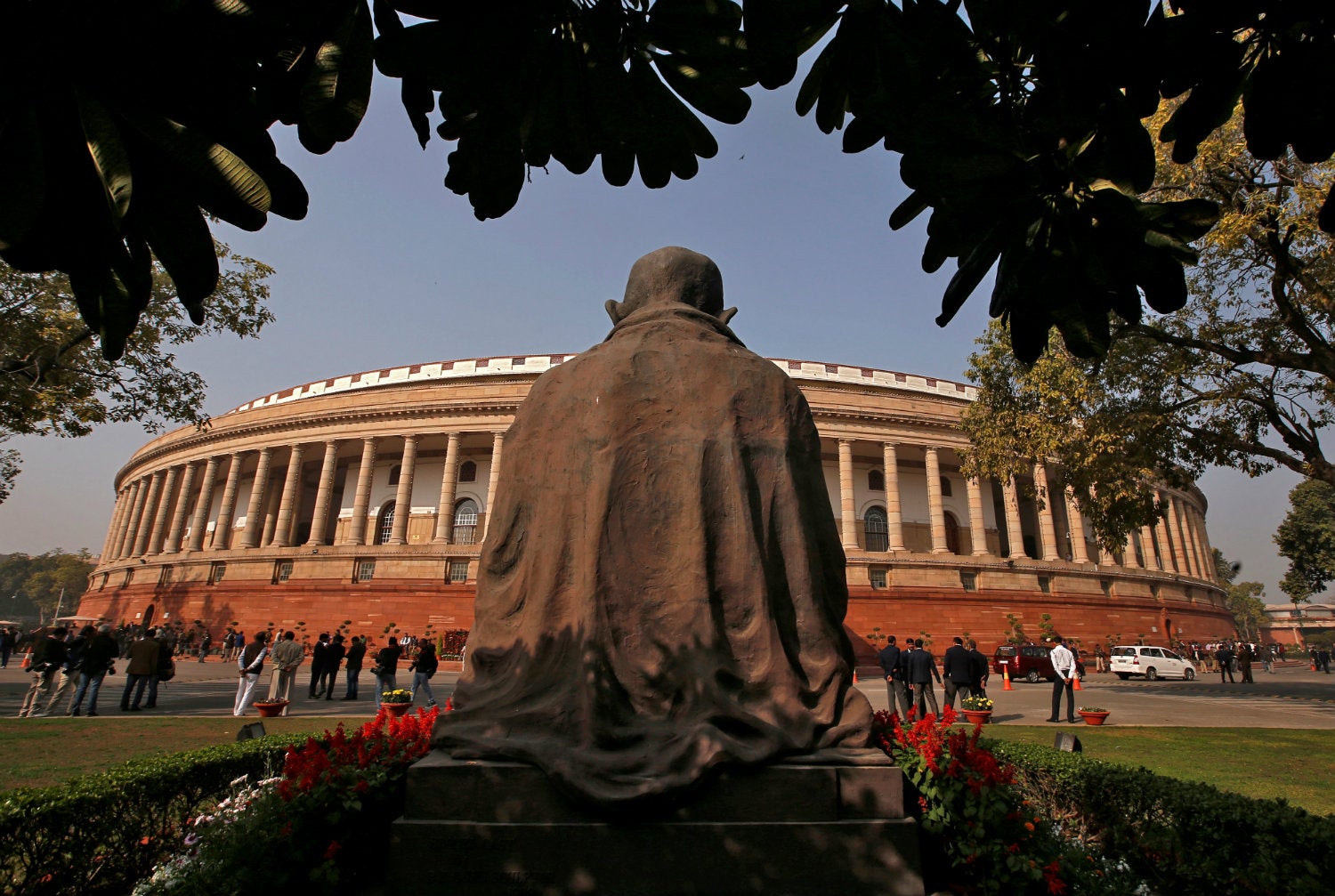Ahead of polls, India clears job and educational quotas for the economically weak
The Indian parliament, late on Wednesday night (Jan. 09), cleared the decks to extend affirmative action to economically weaker sections of the society—the first time this segment has been targeted.


The Indian parliament, late on Wednesday night (Jan. 09), cleared the decks to extend affirmative action to economically weaker sections of the society—the first time this segment has been targeted.
The Constitution 124th (Amendment) Bill, 2019, was cleared by parliament’s upper house (the Rajya Sabha) after a marathon 10-hour debate, a day after it sailed through the lower house (the Lok Sabha). The bill seeks to ensure a 10% quota in government jobs and education for the economically weaker segment (EWS) of the general category. The amendment will become effective once it gets the president’s assent.
The beneficiaries include people whose family incomes do not exceed Rs8 lakh ($11,500) annually. Also, only those who own less than five hectares of agricultural land, residential property below 1,000 square feet, or a residential plot smaller than 109 square yards in a notified municipality and 209 square yards in a non-notified municipality will be eligible for the quota.
India has, since Independence, implemented a system of caste-based reservation that demarcated a portion of seats in higher education institutes and government jobs to communities classified as scheduled castes (SCs), scheduled tribes (STs), and other backward castes (OBCs). These are the historically marginalised communities that occupied the lower rungs of India’s deep-rooted caste system. The sections that do not benefit from the affirmative action are referred to as the “general category.”
The existing reservation to SCs, STs, and OBCs will not be touched by the latest constitutional amendment.
The passage of the bill was a top priority for prime minister Narendra Modi’s government, which has reached the fag end of its tenure with general elections widely expected around mid-year. The winter session of parliament, which was to end on Jan. 08, was even extended by a day to ensure the passage of the bill.
The amendment received the support of 165 Rajya Sabha parliamentarians, which meets the requisite two-thirds majority in the 245-member house. Seven members voted against it. Support for the bill in the Lok Sabha on Tuesday (Jan. 08) was near unanimous.
Even as it drew support from political parties of various hues, there was criticism from the opposition benches. The main opposition party, the Indian National Congress (INC), accused the Modi government of hastily pushing the bill with an eye on elections. The Congress said it was in favour of the bill being scrutinised by a select committee, a small number of parliamentarians appointed for a specific purpose.
“We don’t know what the hurry is. They (BJP) had five years and they could have introduced it earlier and it would have been taken to the select committee and it would’ve been discussed and then passed. There are three hurdles this bill will have to pass: complete non-application of mind, second is the constitutionality of the bill, and third is the implementation of the bill,” Kapil Sibal, a senior Congress leader, was quoted by the Mint daily.
A motion moved by the All India Anna Dravida Munnetra Kazhagam (AIADMK), the Left parties, and some others to refer the bill to the select committee did not muster enough support.
Questions were also raised on whether enough jobs have been created in the first place. “Has there been any focus on jobs? 97,000 jobs have been lost in the public sector undertakings,” Congress leader Anand Sharma asked in the Rajya Sabha.
Replying to the accusations, law minister Ravi Shankar Prasad said “sixes are hit in the slog overs” of a cricket match and “more sixes will come”.
Outside political circles, too, there was criticism. The Nobel laureate economist, Amartya Sen, called the move “muddled thinking.” He is of the view that India’s high economic growth did not translate into jobs, poverty elimination, and better healthcare and education for all.